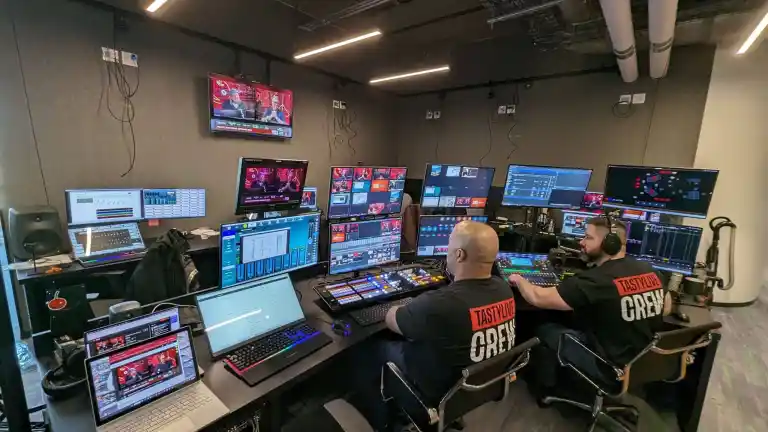Sanskrit University widens student outreach with NDI® and TriCaster®
India’s Sanskrit University has upgraded its video equipment with TriCaster to create a high-quality hybrid education offering that has not only helped it ride out the pandemic, but also offer its courses online and worldwide. Students, meanwhile, benefit from being able to access and re-watch lectures on-demand any time and in any location.
The Shri Lal Bahadur Sahastri National Sanskrit University was created in 2020 by an Act of Parliament. Based in New Delhi and with a history that dates back to its initial establishment as a Vidyapeetha in 1962, its main objective is to promote and spread the use of the Sanskrit language and harness the vast knowledge available in millennia of Sanskrit manuscripts.

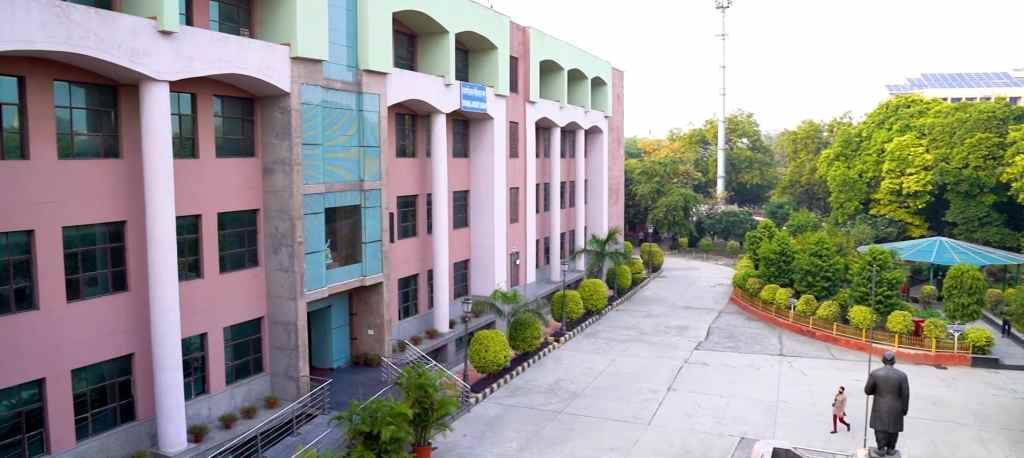
As with academic institutions around the world, it increasingly utilizes video technology to help teach its students in a hybrid environment and has established a dynamic online presence that has enabled it to broaden its reach and bring Sanskrit studies to students far beyond its campus. Hybrid learning is beneficial to the students, who are able to access lectures online and on-demand, rewatch parts they don’t understand, and ensure they don’t miss anything crucial in their busy studies.
Hybrid learning has also helped it ride out some of the worst effects of the Covid-19 pandemic, with the university being able to pivot quickly to online learning as the main focus where needed rather than merely as an option.
“The upgrade of our facility has helped us at the time of pandemic to conduct online classes, examination and evaluate the papers,” comments Dr. Alka Rai, Finance Officer and Registrar at Sanskrit University. “All the teaching, learning, examination, and evaluation were completed in time.”
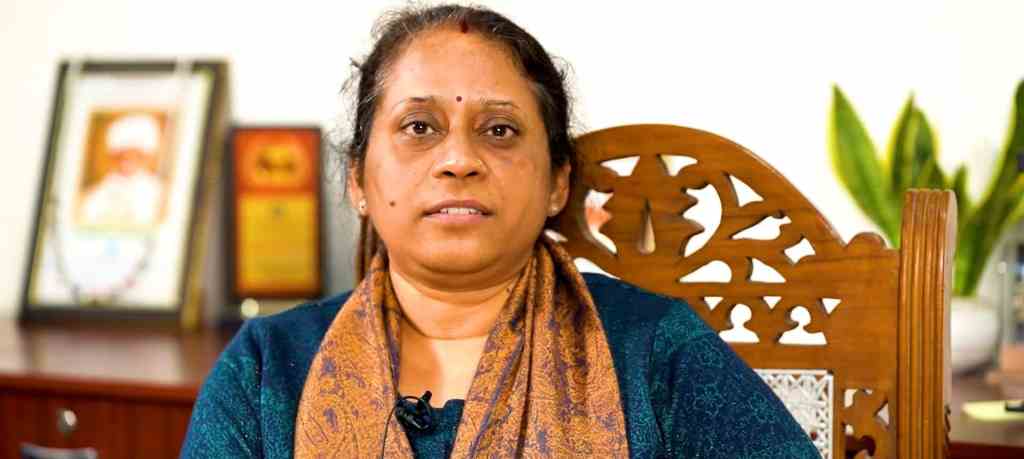
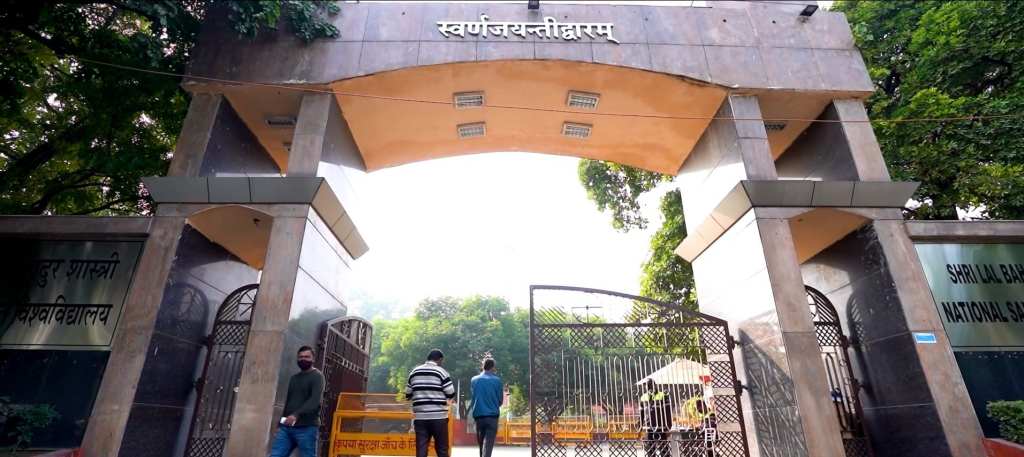
Upgrading to NDI®-based studio equipment
Central to the Sanskrit University’s continued success despite Covid-19 has been the establishment of a new video studio based around Vizrt solutions. Prior to this, it was struggling with outmoded studio equipment and even had to hire an agency to produce lectures in line with its syllabus, a process it found both time consuming and that failed to deliver the quality it wished for.
“We had problems in shooting, editing and video production and understood that we needed to find a solution” comments Mr. Banwari Lal Verma, IT Head and System Administrator at Sanskrit University.
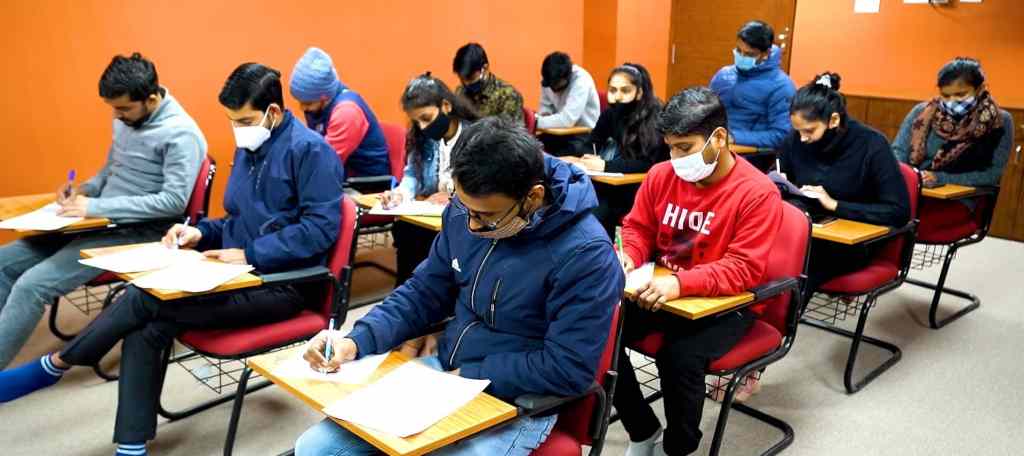
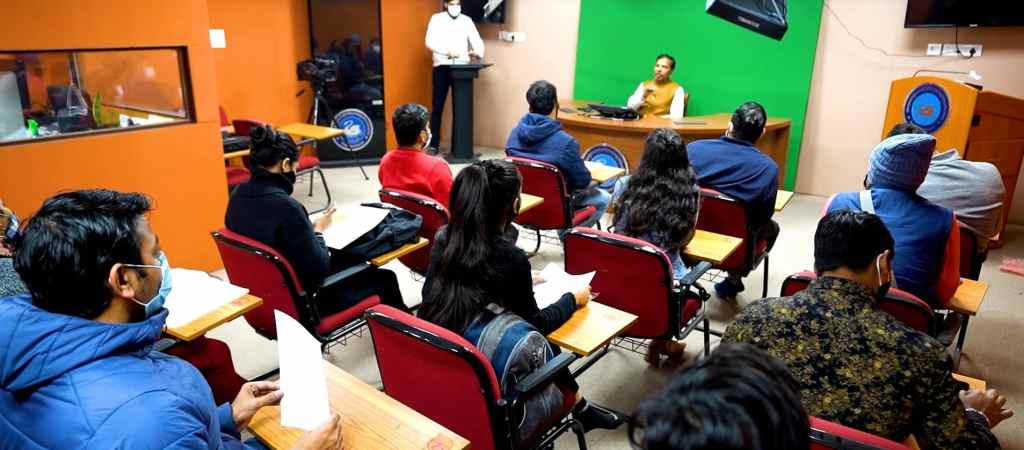
Sanskrit University’s new facility is based around a TriCaster® switcher, which is coupled together with an NDI®-based PTZ camera for complete plug-and-play ease of use.
“Having an NDI-based camera is convenient for us in that we are able to fully control the camera — pan, tilt, zoom, and all that functionality — while sitting in our seats,” explains Mr. Jiwan Joshi, System Operator at Sanskrit University. “We also find that we can now do video editing very easily too”.
Mr. Banwari Lal Verma cites the TriCaster’s abilities in camera control, chroma key, and the fully featured virtual set editor with which the team can create its own virtual sets as particular strengths. One of the big benefits the University has also found with its NDI-based kit has been the ability to produce high quality video content with a very small team of people.

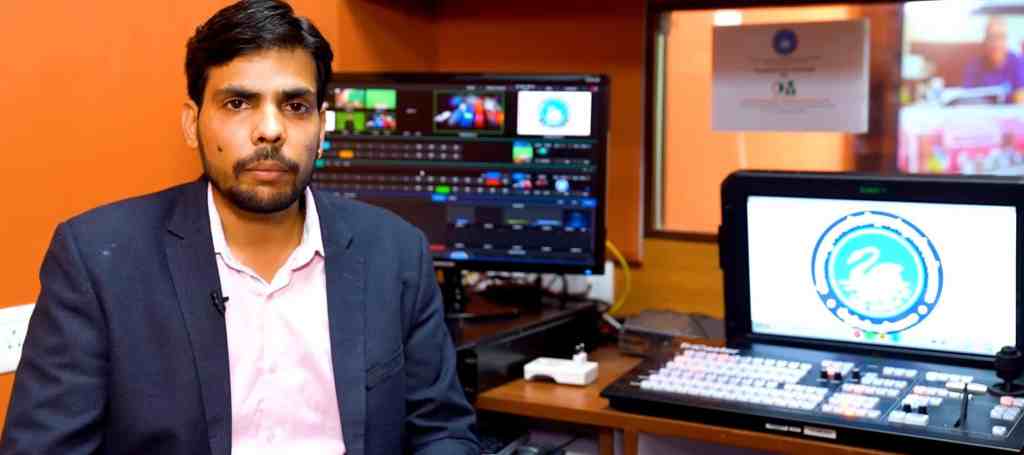
“Before, we needed separate persons for each job such as camera handling, lighting, and then later for video editing; it was a complete process and many people were required to do it,” says Mr. Jiwan Joshi. “But with the help of the NewTek (Now Vizrt) TriCaster, now one or two people can do this whole task.”
“In spite of having a lack of technical knowledge, it is very easy to use these tools and also provide live streaming of various university programs on multiple platforms,” says Mr. Gyan Chand Sharma, Assistant Programmer at Sanskrit University.
The new NDI-based system has given Sanskrit University the ability to live stream or record and edit its lectures for on-demand access, extending its outreach program to encompass an online student body from not only remote areas of India but also other countries such as Nepal and Japan. Indeed, so successful has the new studio been that it is already looking at the process of constructing other smart classrooms to be able to offer all of its classes via a hybrid online/offline model so that more and more students worldwide can get the benefit of Sanskrit studies.



